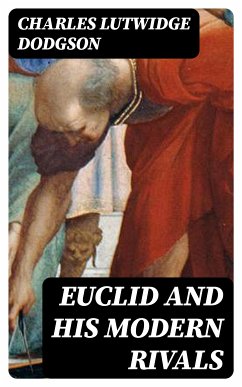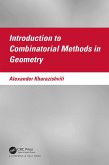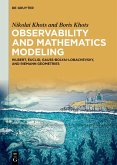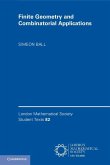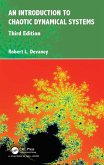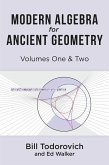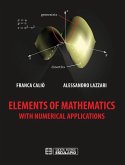In "Euclid and His Modern Rivals," Charles Lutwidge Dodgson, better known as Lewis Carroll, presents a critical examination of the evolution of geometric thinking as illustrated through a humorous yet incisive polemic against contemporary interpretations of Euclidean geometry. Set against the backdrop of the late 19th century, this work combines mathematical rigor with literary wit, employing a distinctive style that merges logical argumentation with playful satire. Dodgson meticulously critiques modern geometrists, including their deviations from Euclid's foundational principles, effectively bridging the gap between abstract mathematics and accessible prose while stimulating discourse on the philosophy of mathematics. Dodgson's mathematical background, rooted in his position as a lecturer at Christ Church, Oxford, profoundly influenced this work. His dual interests in mathematics and literature coalesce in this text, revealing his conviction that rigorous mathematical reasoning can co-exist with a whimsical narrative style. This intermingling of disciplines reflects the Victorian age's tension between tradition and innovation in education, positioning Dodgson as a pivotal figure in this intellectual landscape. "Euclid and His Modern Rivals" is a must-read for anyone interested in the philosophy of mathematics, the history of geometry, or the interplay between logic and creativity. Dodgson's acerbic wit and profound insights make this book not only intellectually stimulating but also a delight to read, inviting both scholars and general readers to reconsider their understanding of geometry. In this enriched edition, we have carefully created added value for your reading experience: - A succinct Introduction situates the work's timeless appeal and themes. - The Synopsis outlines the central plot, highlighting key developments without spoiling critical twists. - A detailed Historical Context immerses you in the era's events and influences that shaped the writing. - An Author Biography reveals milestones in the author's life, illuminating the personal insights behind the text. - A thorough Analysis dissects symbols, motifs, and character arcs to unearth underlying meanings. - Reflection questions prompt you to engage personally with the work's messages, connecting them to modern life. - Hand-picked Memorable Quotes shine a spotlight on moments of literary brilliance. - Interactive footnotes clarify unusual references, historical allusions, and archaic phrases for an effortless, more informed read.
Dieser Download kann aus rechtlichen Gründen nur mit Rechnungsadresse in A, B, BG, CY, CZ, D, DK, EW, E, FIN, F, GR, H, IRL, I, LT, L, LR, M, NL, PL, P, R, S, SLO, SK ausgeliefert werden.

